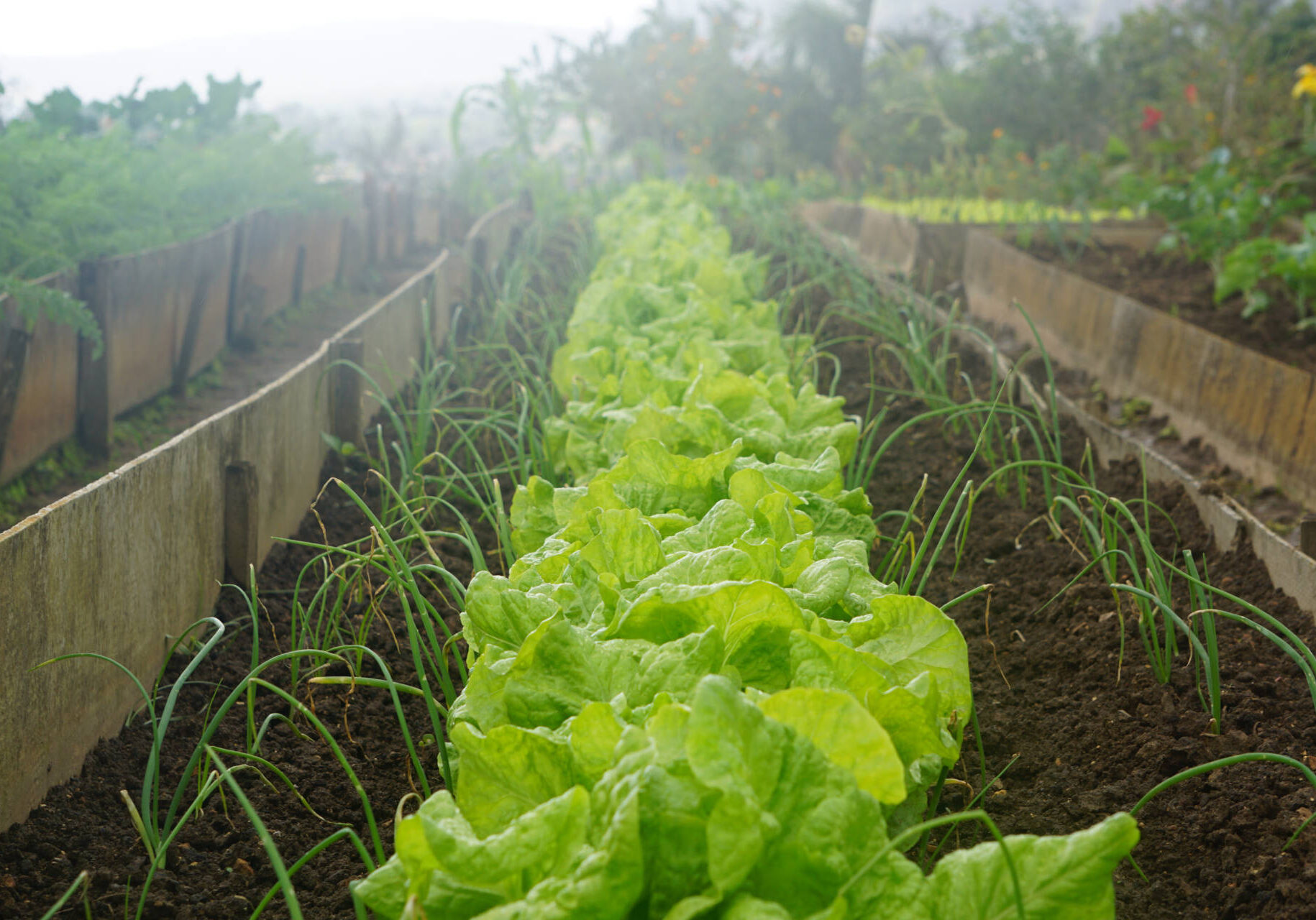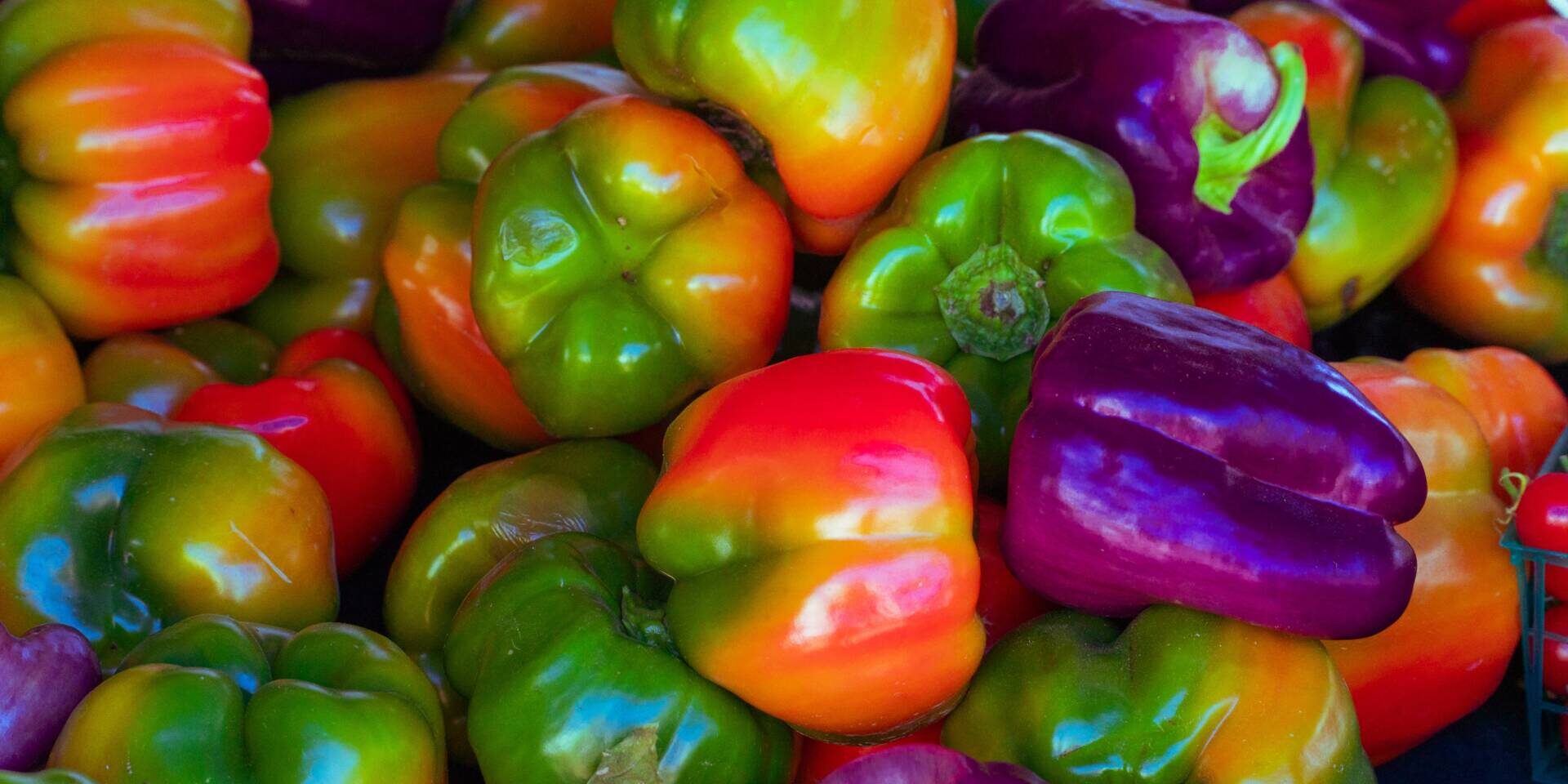GMOs
Explore the various pages of our GMO section:
Resolution on Genetic Engineering in Agriculture
Adopted by the Farm and Ranch Freedom Alliance, May 24, 2010
Genetic engineering involves taking a gene from one species and splicing it into the genome of another species in order to transfer a desired trait. This could not occur in nature where the transfer of genetic traits is limited by the natural barriers that exist between different species. Genetic engineering is completely new and is not comparable to traditional animal and plant breeding techniques. Another name for genetically engineered (GE) crops is genetically modified organisms (GMOs).
In the U.S., GE crops have been released on the market without fair, open, and thorough scientific research to assess the risks to animal health, human health, or the environment.


There has also been no assessment of the social or economic impact on farmers and rural communities. The use of genetic engineering in agriculture poses problems for both farmers and consumers.
Genetic engineering enables large corporations to accelerate capital- and chemical- intensive agriculture at the expense of family farmers and rural communities around the world, increasing consolidation and concentration of agriculture. Genetic engineering in agriculture is not designed to solve critical problems such as increased weed resistance or growing staple crops on marginal land, but rather to enrich corporations. Genetically engineered seeds increase costs to farmers and have frequently failed to perform as promised.
In fact, in yields have been lower than with conventional seeds, while the GE crops required increased use of herbicides manufactured by the same corporations that market the seeds.
In addition, U.S. farmers have lost critical markets that are closed to GE products. Genetically engineered crops have contaminated non-GE crops, resulting in damages of over a billion dollars to exports. A report from the U.S. Governmental Accountability Office concluded that unauthorized releases of GE crops are likely to continue.
To date, the corporations that have developed and sold GE seeds have avoided liability for the damage caused by genetic contamination, increased weed and pest resistance, and the destruction of wildlife and beneficial insects.


The destruction of beneficial insects, including pollinators such as bees, could be potentially devastating to agriculture and our economy, not just to farmers. Yet farmers have been harassed, and even sued, for contamination of their crops by GE crops.
For consumers, genetic engineering poses unknown health consequences. Genetic engineering poses unknown risks to the safety and security of the food supply. There are no studies of the long-term health effects of eating foods containing GE crops. Several short-term studies indicate that GE foods can cause gastrointestinal, reproductive, and other health problems. Because foods containing GE engineered ingredients do not have to be labeled in the U.S., consumers are unable to make informed choices.
Action Alert: Protect farmers from toxic dicamba drift!
Dicamba drift, whether from the spray or volatilized gas, can devastate crops, adjacent ecosystems, and entire landscapes. Have you heard of Dicamba? It’s a chemical…
Read MoreTell Whole Foods to Stop Selling GMO Sweet Corn!
Do you think Whole Foods should be selling GMO fresh produce with confusing labels? They are! Genetically engineered, or GMO foods, have a lot of problems!…
Read MoreTell USDA No to More Herbicide-Doused Corn
Bayer/Monsanto has petitioned the USDA to approve a new corn seed that has been genetically engineered to survive applications of not just one or two…
Read MoreDon’t let Monsanto decide if its GMOs are “safe” or not
The USDA is proposing rules that would allow chemical companies such as Dow and Bayer/Monsanto to determine the safety of their own genetically engineered plants. These…
Read MoreSenate Farm Bill vote coming up quickly – call now!
The Senate will be voting on its version of the Farm Bill this week — and before the final vote, there will be a series of votes on…
Read MoreTell USDA to require GMO labels that consumers can understand!
The USDA has released its long-awaited proposed regulations for the mandatory labeling of foods produced using genetic engineering (GE), most commonly referred to as GMOs, for…
Read MoreKeep the Rodriguez Amendment to the seed bill
May 26, 2017: With your help, last weekend we succeeded in amending SB 1172, the Monsanto Bill, to reduce the damage it will do. As originally…
Read MoreUrgent Action Needed on ‘Monsanto Bill’
We were successful in stalling the bad seed & sprays bill for almost a month — but Monsanto and its allies succeeded in moving it forward…
Read MoreTell President Obama to Veto the DARK Act!
As you may have heard, the Senate voted last week to approve the Roberts-Stabenow version of the DARK Act. The next step is that it goes…
Read MoreURGENT: Senate expected to vote on GMO labeling on Wednesday
The closer we look at the Roberts-Stabenow bill on GMO labeling, the worse it gets. It’s so bad that even the FDA – which asserts that…
Read MoreFARFA is here to help you make a difference. The Farm and Ranch Freedom Alliance, a nonprofit that includes both farmer and consumer members, therefore resolves that:






GAO, Genetically Engineered Crops: Agencies Are Proposing Changes to Improve Oversight, but Could Take Additional Steps to Enhance Coordination and Monitoring (Nov. 2008), GAO-09-60, p.1.

What YOU can do:
Stay informed on the issues affecting our farm and food system, gather the resources you need to make change at the state and national legislative level, and donate to support the work that we do.